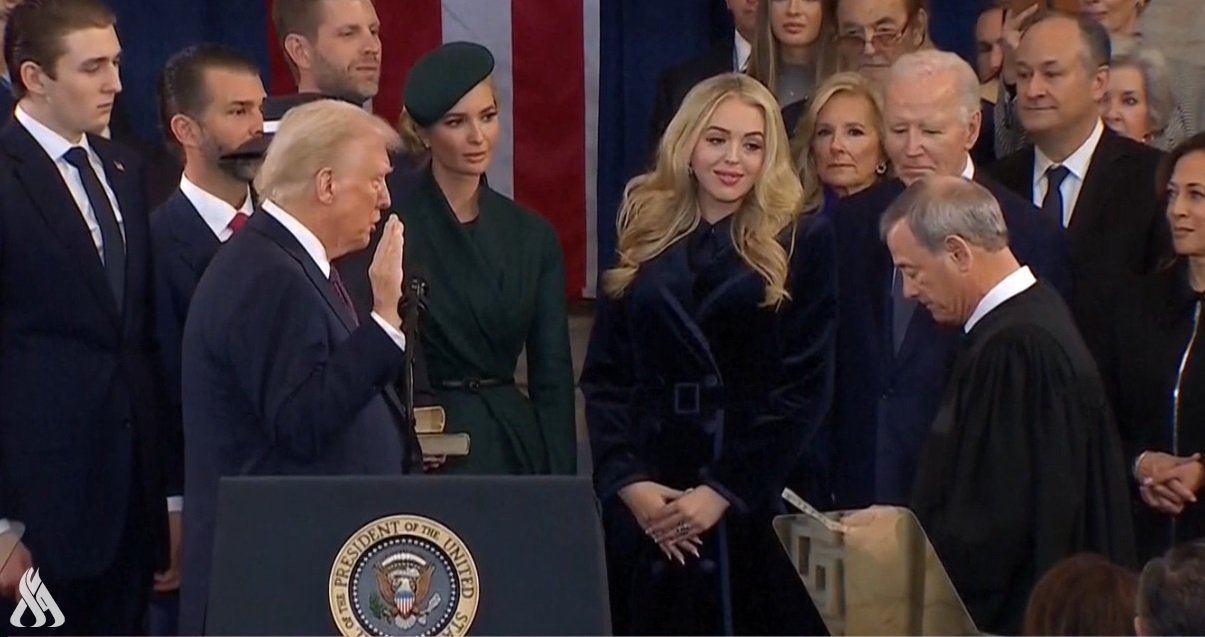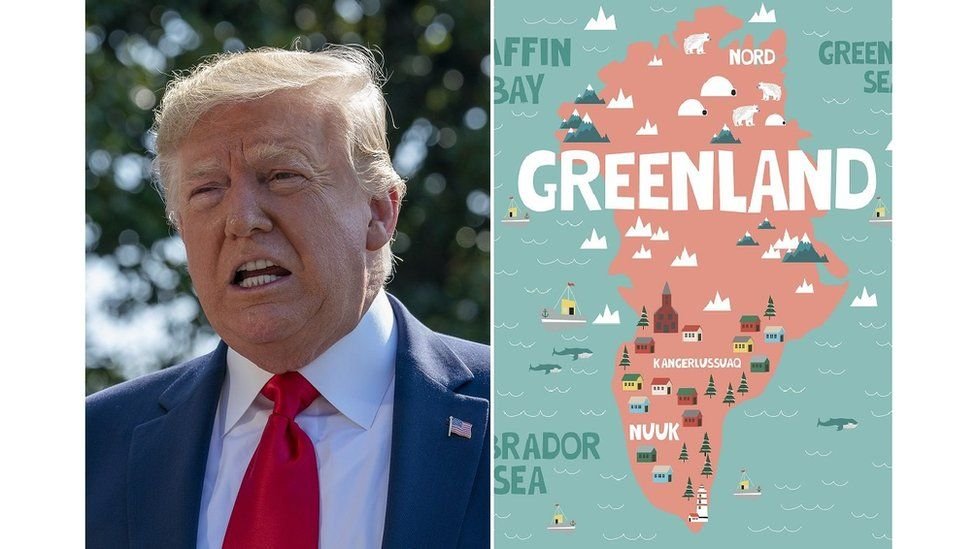Food Struggles in Nigeria Due to Unfulfilled Government Promises
Many Nigerians are grappling with food insecurity as the federal government’s promised food import waiver failed to take effect in 2024. Citizens, like Ibrahim Wahab from Lagos, are struggling with escalating food prices and shrinking budgets.
Wahab’s Personal Experience with Food Struggles
Wahab, who supports a family of four, had hoped the food import waiver would help alleviate financial pressures. However, the government did not fulfill its pledge. “I spend 65% of my income on food. The remainder goes towards transportation and necessities. I can’t save or invest,” Wahab explained. His experience mirrors the hardship many Nigerians are enduring.
The Government’s Unfulfilled Promise to Reduce Food Costs
In July 2024, the government issued a directive announcing a waiver on essential food imports, such as rice, wheat, and maize. The intention behind this policy was to lower food prices and mitigate the growing cost of living. Despite these assurances, the waiver was not implemented, leading to severe financial strain for many families.
The Impact of the Unmet Waiver on Food Prices
The suspension of import duties was intended to reduce food prices. However, as inflation and local production constraints continue, many Nigerians rely heavily on food imports. The waiver was expected to lower costs, but high food prices persist, exacerbating the financial difficulties faced by the population.
Wahab’s Financial Strain from Food Costs
For individuals like Wahab, who already allocate a significant portion of their income to food, the failure to implement the food import waiver has been a severe setback. With no relief in sight, families are forced to spend an even larger share of their earnings on food, leaving little room for savings or investment. This ongoing financial strain hampers their ability to achieve economic progress and affects their overall well-being.
The Urgent Need for Action on Food Prices
Wahab’s story highlights the urgent need for the government to address Nigeria’s ongoing food crisis. The administration made promises of relief but has yet to follow through. Nigerians are increasingly questioning the government’s commitment to lowering food prices. To ease the financial burdens on families, the government must take concrete actions to reduce food costs. This will not only provide immediate relief but also enable Nigerians to save, invest, and build a more secure future. Stay current and connect with us on [Facebook: https://www.facebook.com/share/1An4REwgwy/?mibextid=wwXIfr].





